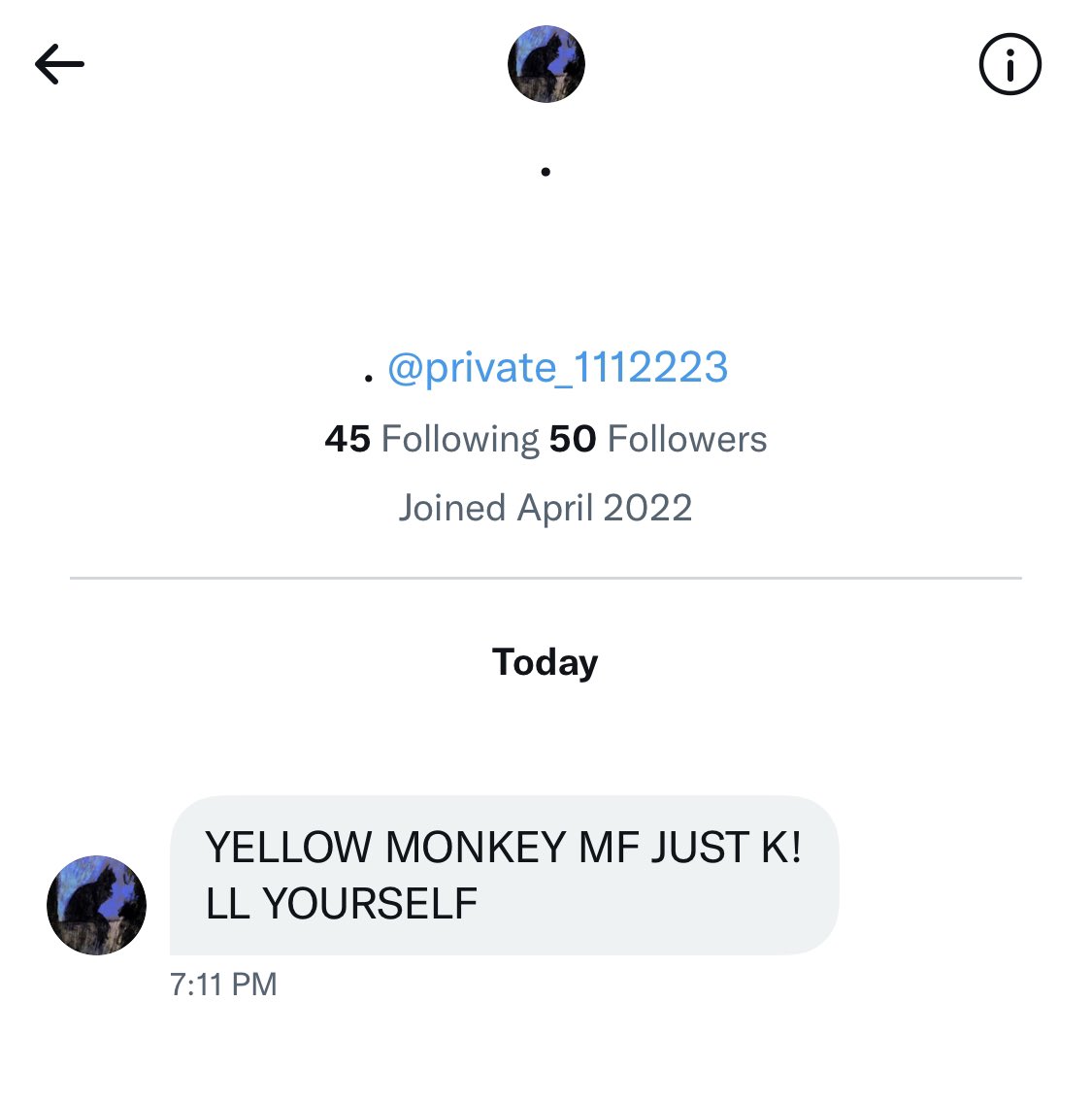Any K-pop fan will be aware of all the cyberbullying that goes on in the fandom. Post an unpopular opinion, and you’ll be a target of some hateful messages. Sometimes, a single post saying something negative about an idol can even land you death threats. Already, some ex K-pop stars have revealed some scary things about the industry. Tackling K-pop cyberbullying can be pretty tricky.
K-pop bullying is more than just bullying
In a recent Twitter Spaces session discussing cyberbullying among K-pop fans, all the journalists involved in the talk were ironically cyberbullied. The hordes of fans also blocked and harassed the listeners who weren’t even talking.
This scale of cyberbullying is not new. Reporter Juwon Park – one of those speaking at the Spaces event – was recently harassed online by a hoard of ARMY (fans of BTS) after she posted on Twitter: “Why is @BTS_twt working with a sex criminal musician Jung Bobby who went on trial for physical assault and illegal molka filming of women?”
This tweet, which referred to Bobby’s song Filter, led to a days-long onslaught of harassment and threats of violence from ARMY. They’ve also spread malicious messages about the reporter to her colleagues, and even impersonated her online.
HYBE responded to the controversy and said “no comment.” So if even HYBE chooses to turn a blind eye, what recourse is there for the rest of us? If you’ve been targeted, what do you do?
What not to do if cyberbullying happened to you?
Here’s a guide from Kpopalypse on how to navigate these murky waters, based on personal experience.
Don’t apologise: Remember this mantra – if you did nothing wrong, do not apologise. This is because once you’re branded an “anti” they’ll never going to forgive you anyway. They could harass you for simply telling the truth. So why waste the effort and time crafting the perfect apology?
Don’t delete your social media presence: You may be tempted to wipe all your accounts and shut everything down. This just means that the crazies will declare victory and take your shutting down as admission of guilt. Worst still, they’ll use the same tactic on someone else.
Don’t debate with crazies: They’re generally not complaining because they want to know the reason you said something. They’re more into feeling morally superior in front of other fans by shutting you down. Even if you’re right, they wouldn’t listen, and even if one does, there’s still more to convince; and most of them won’t listen. Rationality isn’t a strong suit among rabid K-pop fans.

Don’t lash out: Remain unbothered and don’t lash out in anger – either directly or in public – because there’s nothing that crazy K-pop fans hate more than someone who’s unbothered by them. Be kind and respectful, even to haters, to show that you’re in control of your emotions and that you aren’t letting negativity bring you down.
Tackling cyberbullying
Manage your online history: Delete anything old; you probably won’t remember them anyway, and neither does anyone else, but haters sure as hell will do their best to trawl through your entire history and dig up whatever silly stuff you said ages ago (and manipulate them) and then file reports on it to try and get your account shut down.
Remember, even if you post about wishing a fictional character dead, K-pop fans can say you’re “threatening violence or physical harm” and the social network employees (who won’t know the context) can suspend your account.
Remove private details: Low-tier detectives, spies, and hackers from fandoms can use them to track and harass you. Remove any mention of location (ie. school or work), even something as simple as your birthdate.
Report harassers: You can bet that crazy fans will be reporting you en masse (and using fake accounts), so you can return fire. If they use your race to attack you, (most) social networks will clamp down on it fast because they don’t like racism as it hurts their public image. Despite their performative anti-racism, K-pop fandoms can be incredibly racist (see below).

You can report harassers on all your social platforms, and remember to take screenshots. You can report them on Twitter, Facebook, Instagram.
Block/filter/mute accounts: On most social media, you can easily block or filter accounts you see. Block people “pre-emptively”; if a particular person puts something on social media that attacks you, and it gathers a lot of likes and shares, move fast: block everyone who liked, shared, and interacted with the comment. You can also mute or filter any harmful content or account – here’s a link explaining how to do it on most social media platforms.

And finally…
Stick with supporters: Having friends/allies means you’ll have positive reinforcements. Make sure to tell people (that you trust) what’s happening, and if you see your friends go through it, reach out to them. Most people don’t want to be victims of K-pop fandom harassment, so they’ll stay silent. The best therapy to have is to log off socials for a while, and hang out with irl friends.











